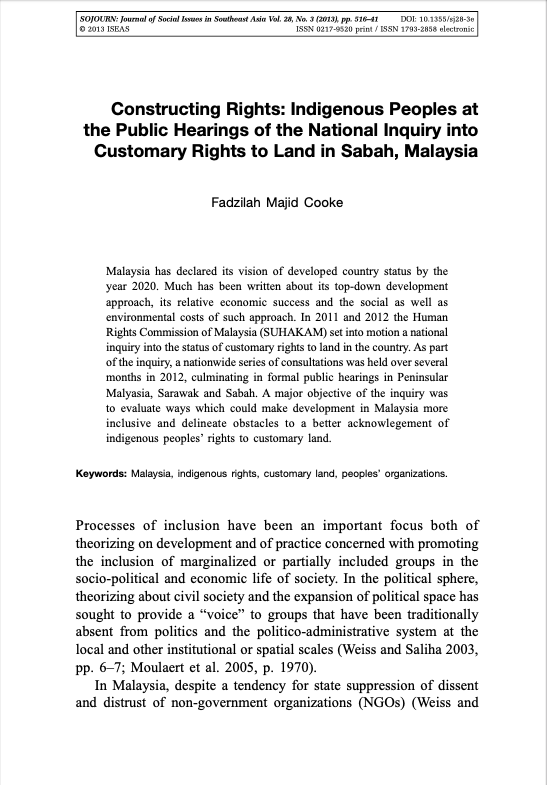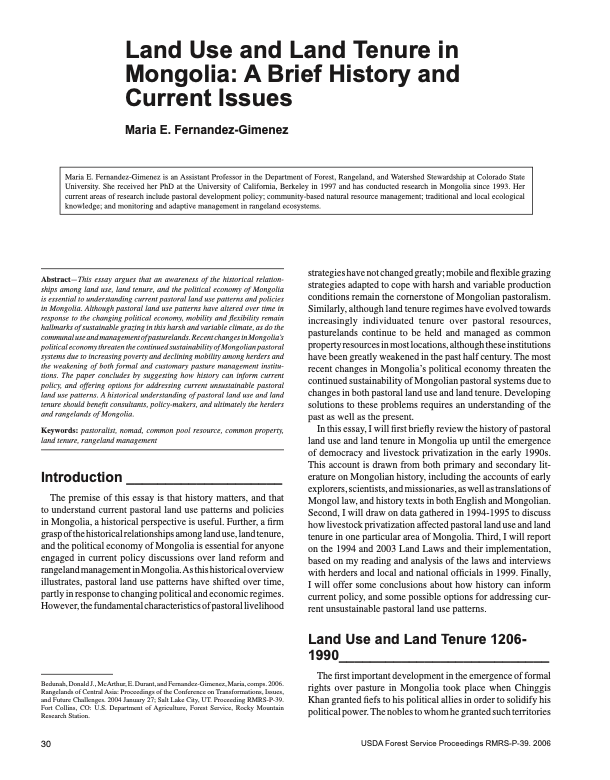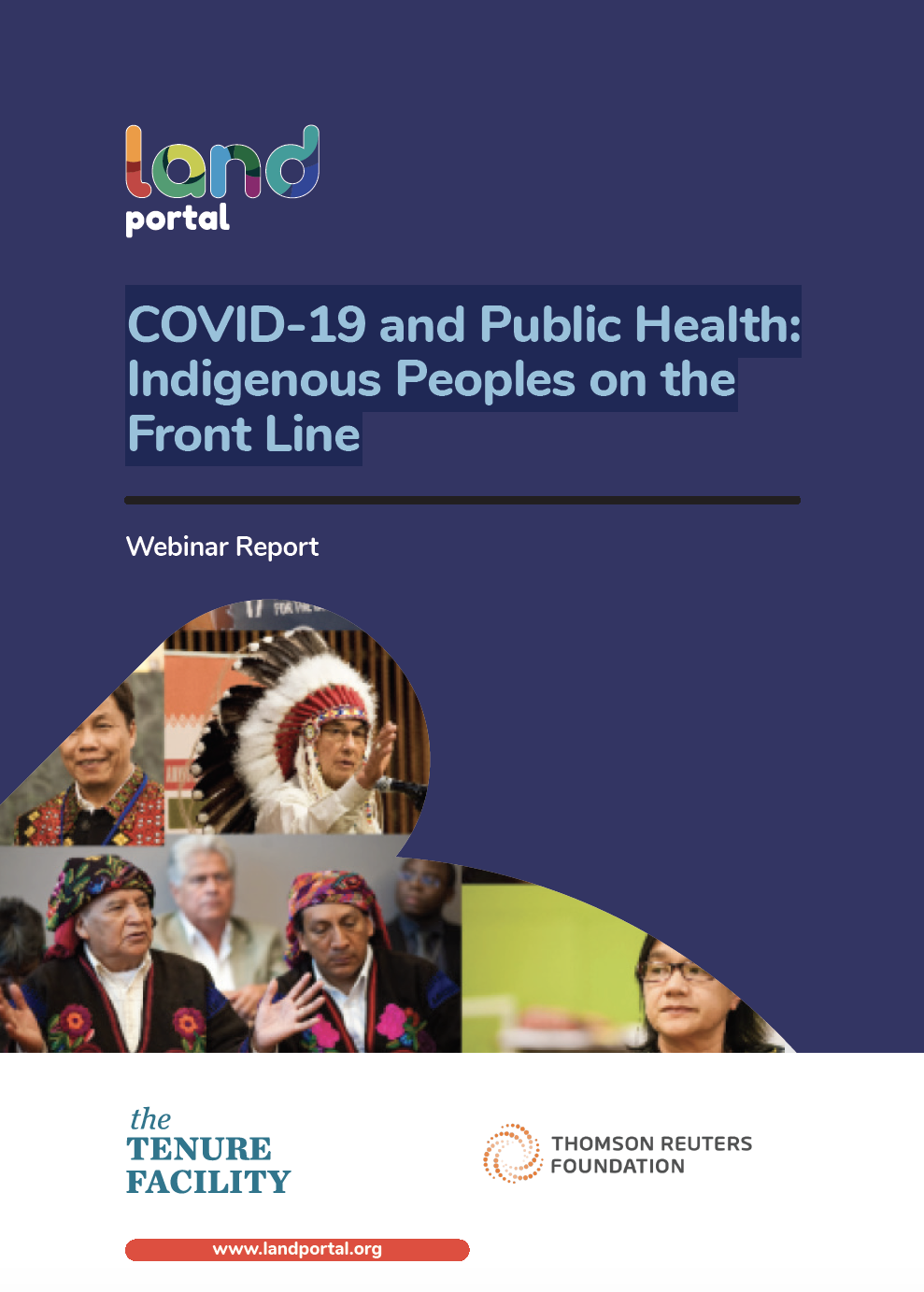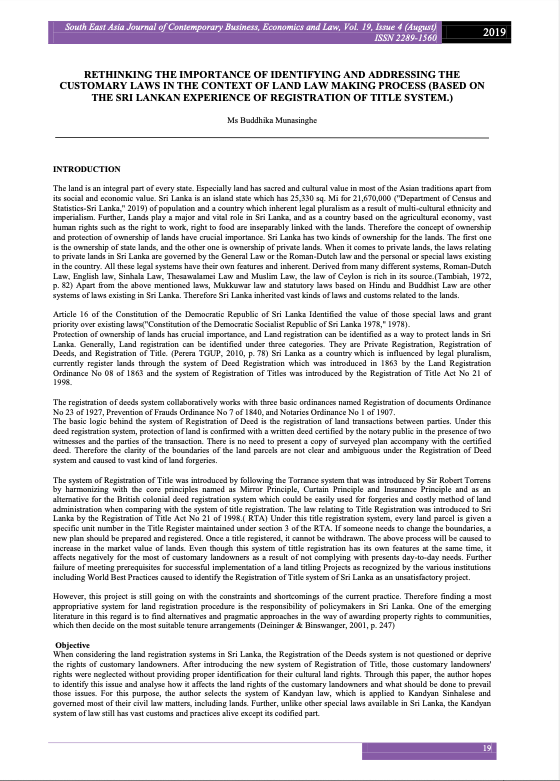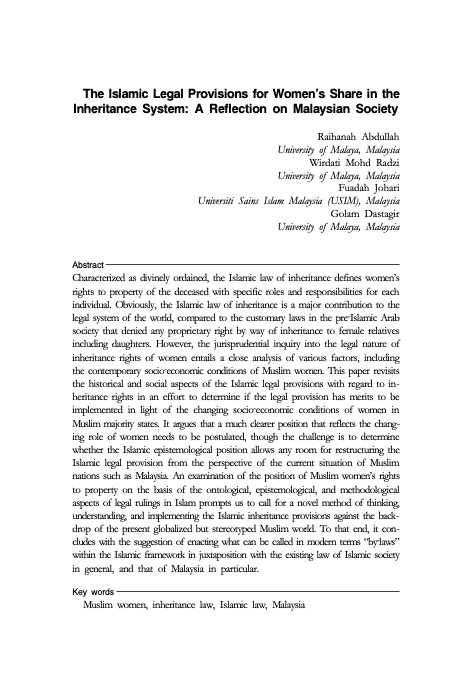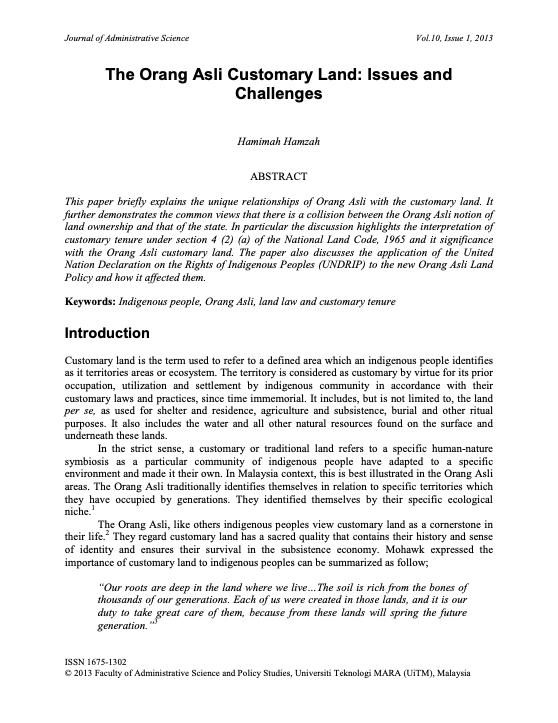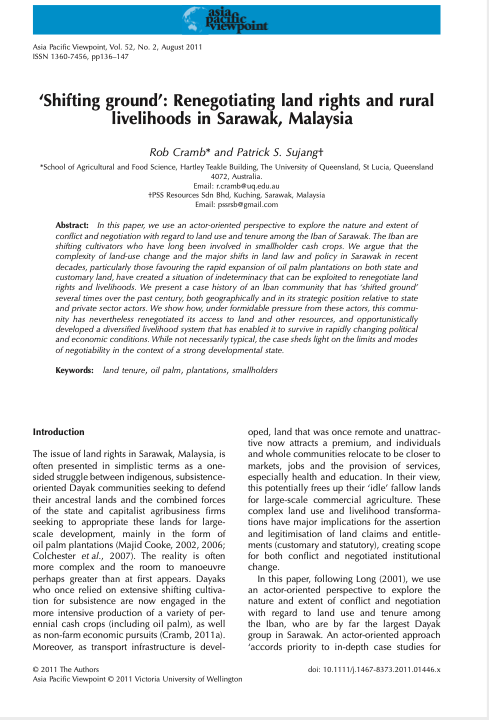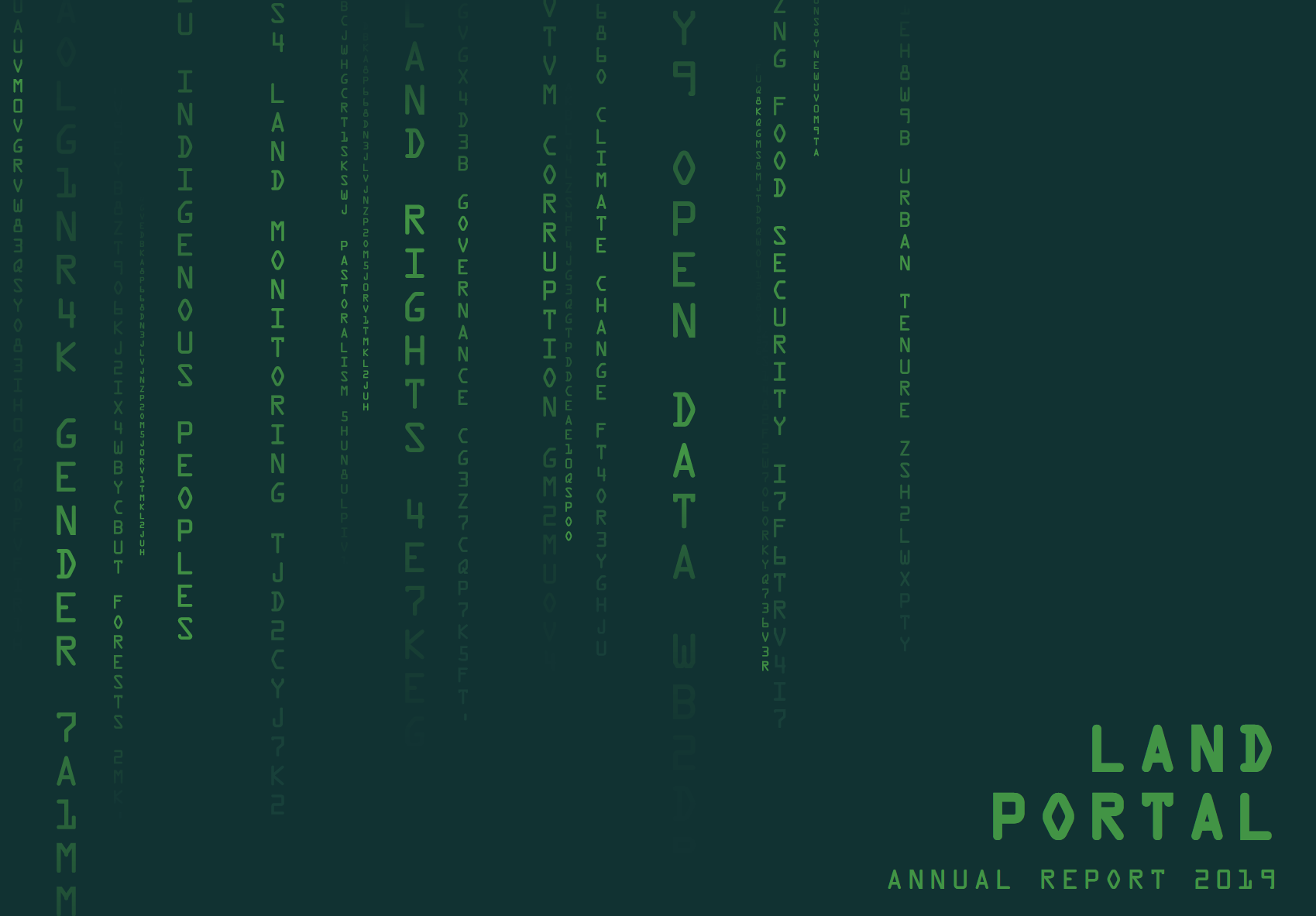LAND-at-scale Zimbabwe
In this onepager, you can find details on the LAND-at-scale project in Zimbabwe. This project is implemented by FAO and BEAT, and financed by the Ministry of Foreign Affairs via the Netherlands Enterprise Agency.
-- This project was discontinued in 2022 --

